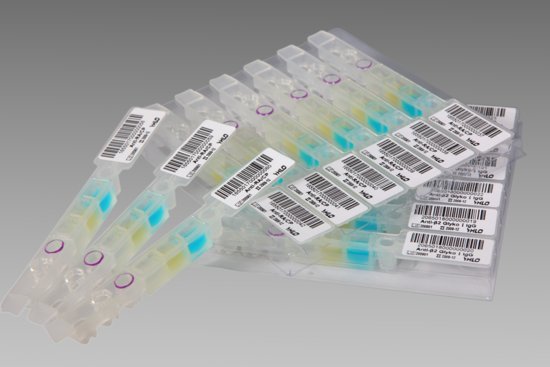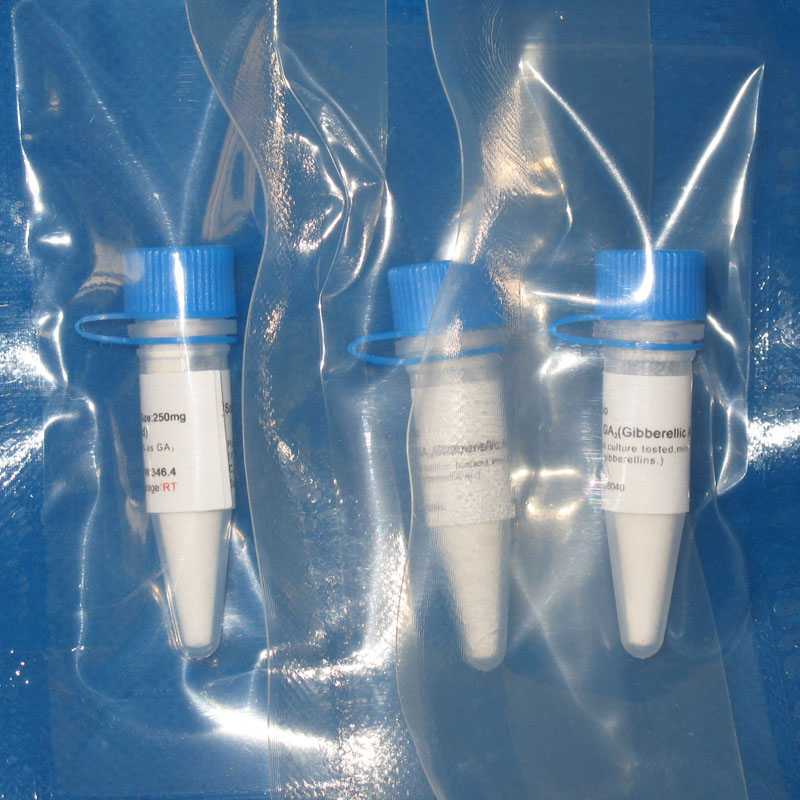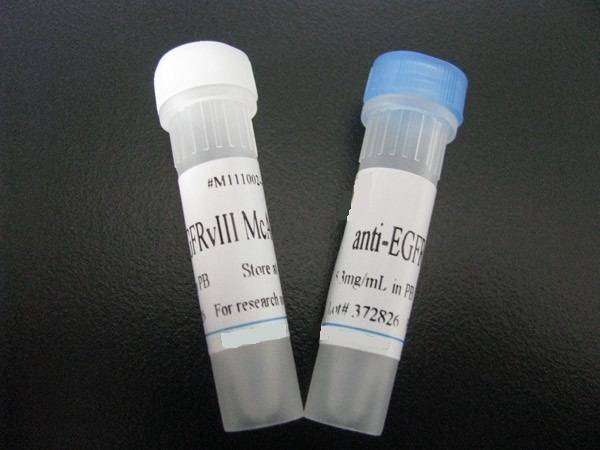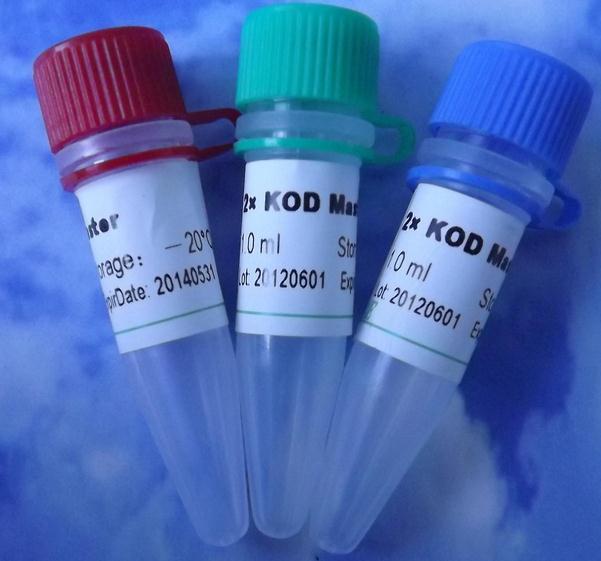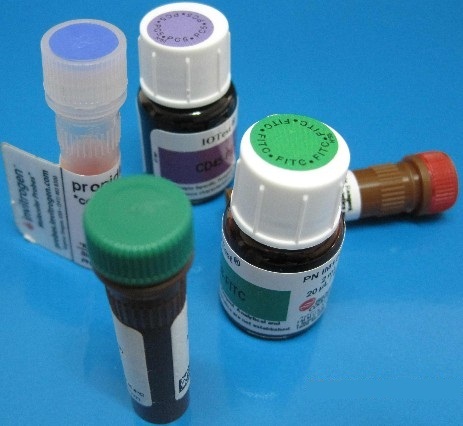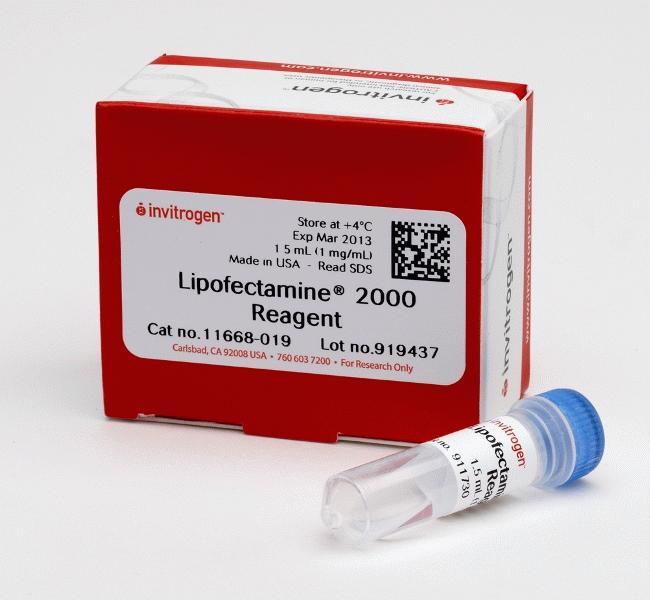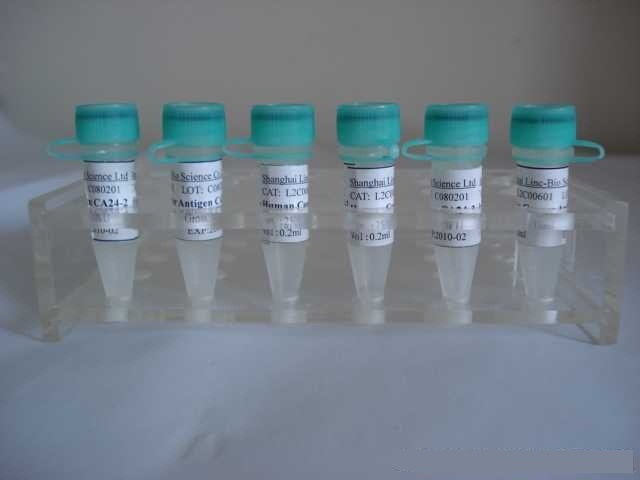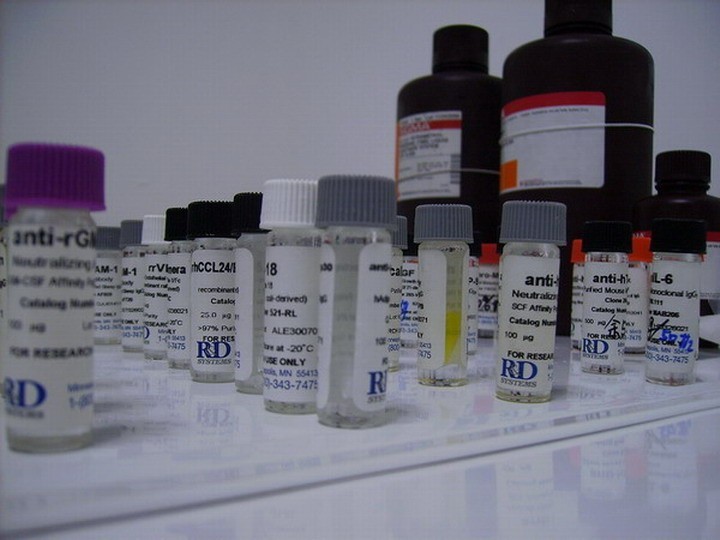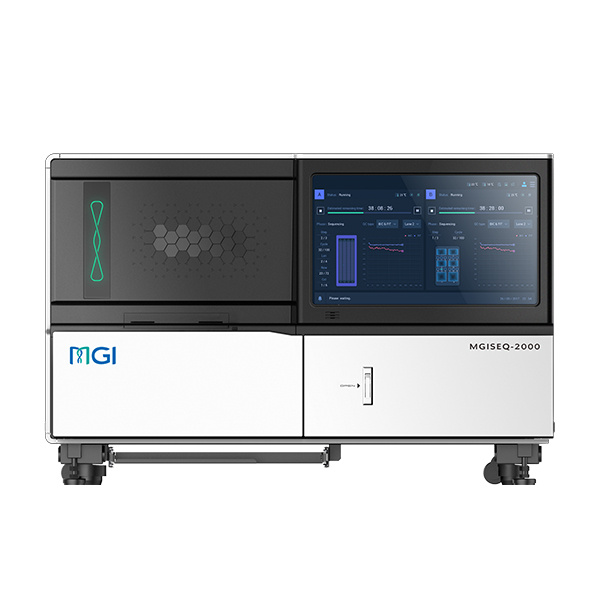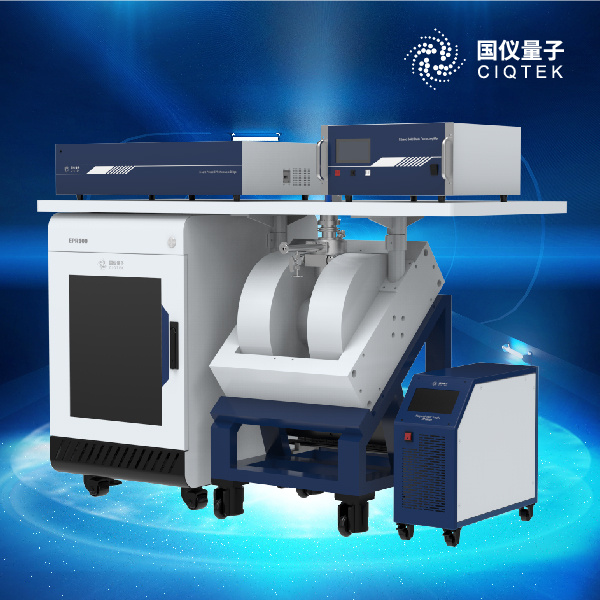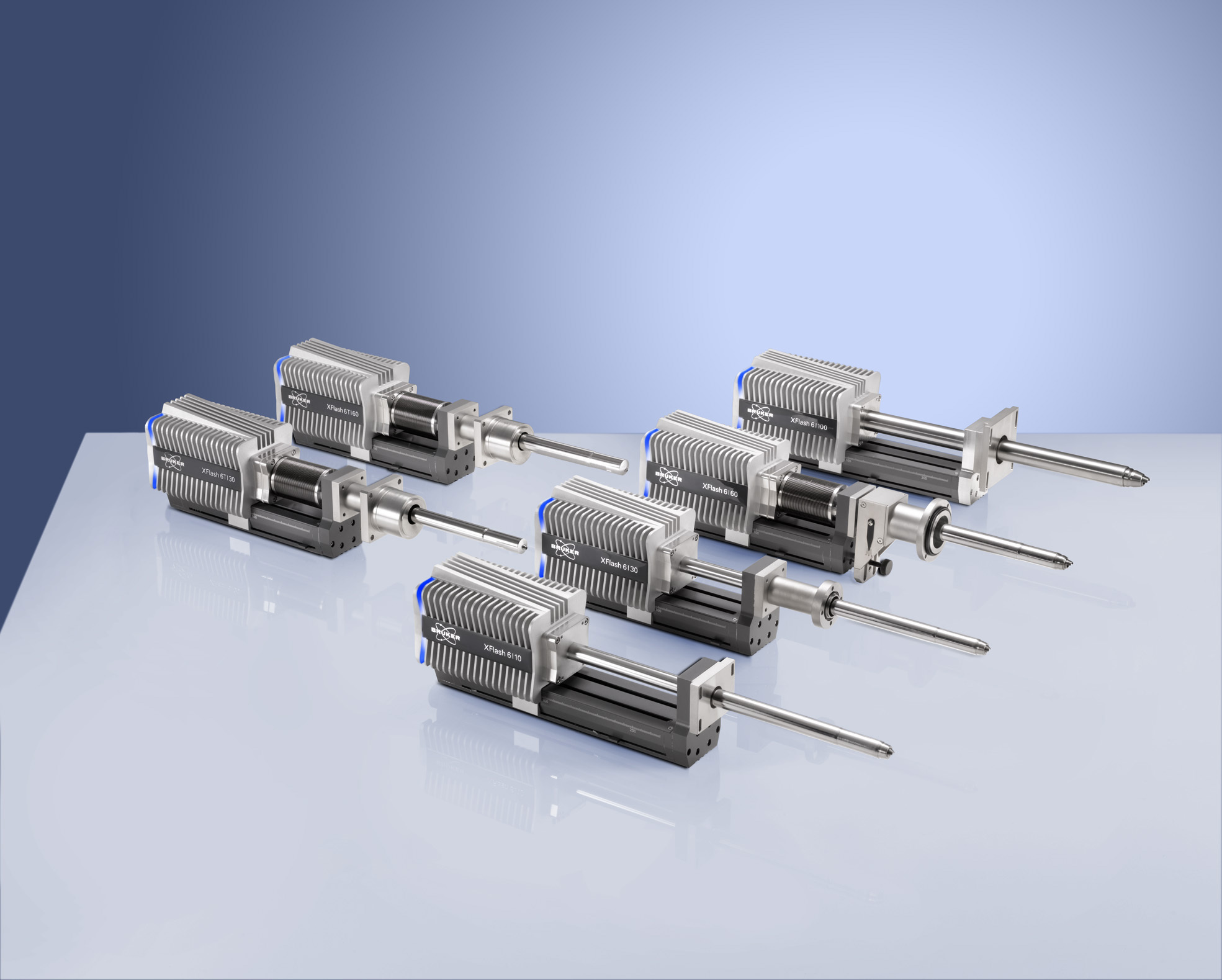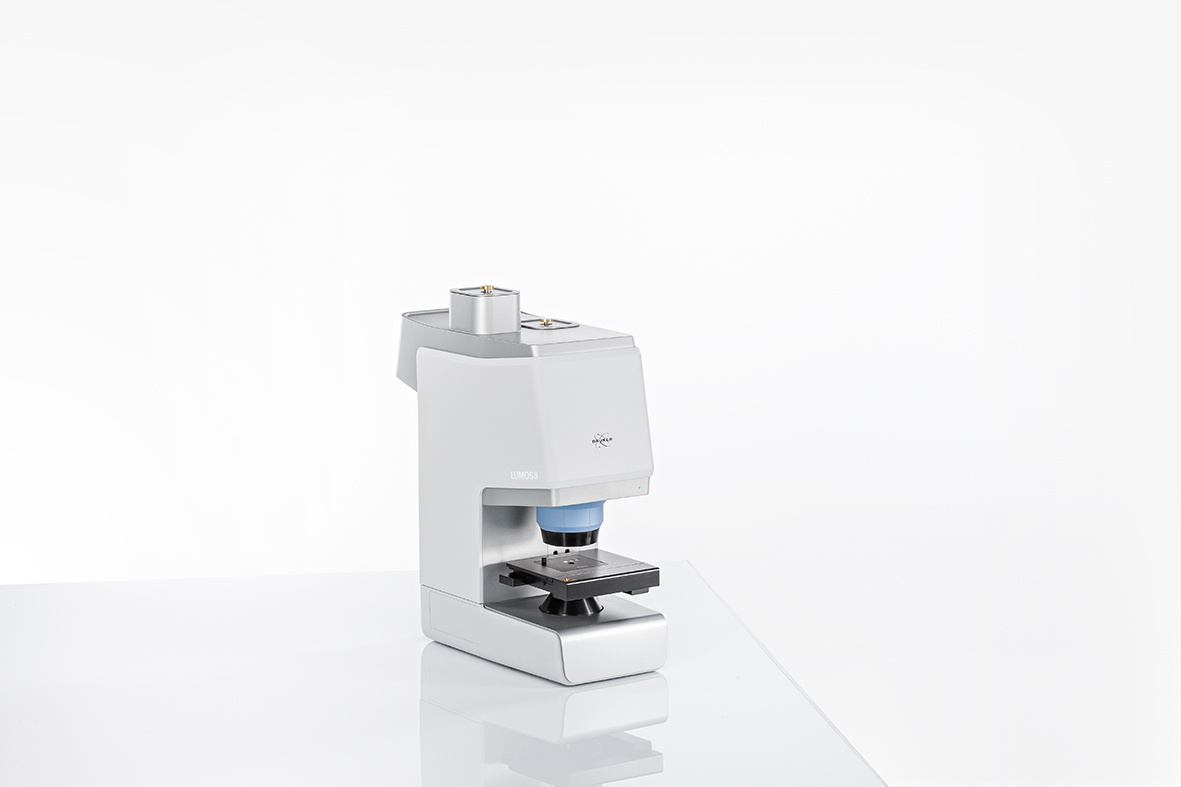英文名称 Anti-ABCB9
中文名称 腺苷三磷酸结合盒转运体9抗体
别 名 ABC transporter 9 protein; ABCB 9; ATP binding cassette sub family B (MDR/TAP) member 9; ATP binding cassette sub family B member 9 precursor; ATP binding cassette transporter 9; EST122234; ABCB9; KIAA1520; TAP like protein; TAPL; ABCB9_HUMAN.
浓 度 1mg/1ml
规 格 0.2ml/200μg
抗体来源 Rabbit
克隆类型 polyclonal
交叉反应 Human, Mouse, Rat, Chicken, Dog, Pig, Cow, Horse, Sheep
腺苷三磷酸结合盒转运体9抗体产品类型 一抗
研究领域 肿瘤 细胞生物 信号转导 转运蛋白 新陈代谢
蛋白分子量 predicted molecular weight: 84kDa
性 状 Lyophilized or Liquid
免 疫 原 KLH conjugated synthetic peptide derived from human ABCB9
亚 型 IgG
纯化方法 affinity purified by Protein A
储 存 液 Preservative: 15mM Sodium Azide, Constituents: 1% BSA, 0.01M PBS, pH 7.4
产品应用 WB=1:100-500 ELISA=1:500-1000 IHC-P=1:100-500 IHC-F=1:100-500 ICC=1:100-500 IF=1:100-500
(石蜡切片需做抗原修复)
not yet tested in other applications.
optimal dilutions/concentrations should be determined by the end user.
保存条件 Store at -20 °C for one year. Avoid repeated freeze/thaw cycles. The lyophilized antibody is stable at room temperature for at least one month and for greater than a year when kept at -20°C. When reconstituted in sterile pH 7.4 0.01M PBS or diluent of antibody the antibody is stable for at least two weeks at 2-4 °C.
Important Note This product as supplied is intended for research use only, not for use in human, therapeutic or diagnostic applications.
腺苷三磷酸结合盒转运体9抗体产品介绍 ATP-binding cassette (ABC) transporters are an evolutionarily conserved family of widely-expressed proteins that use ATP hydrolysis to catalyze the transport of various molecules across extracellular and intracellular membranes. As the largest family of transmembrane proteins, ABC genes comprise several subfamilies (ABC1, ABCA, ABCE, ABCF, MDR/TAP, MRP, ALD, OABP, GCN20 and White (also known as ABCG)). In bacteria, ABC transporters are used to import compunds that cannot be obtained by diffusion. Eukaryotic ABC transporters are largely responsible for trafficking hydrophobic compounds either within the cell as part of a metabolic process or outside the cell for transport to other organs, or for secretion from the body. ABCB9 (also designated Transporter associated with antigen processing (TAP)-like or TAPL) forms a homodimer, which is localized in lysosomes. It functions as an ATP-dependent peptide transporter that shows a broad peptide specificity ranging from 6-mer up to 59-mer peptides. ABCB9 transports these peptides with low affinity but high efficiency.
Function : The membrane associated protein encoded by this gene is a member of the superfamily of ATP binding cassette (ABC) transporters. ABC proteins transport various molecules across extra and intra cellular membranes. ABC genes are divided into seven distinct subfamilies (ABC1, MDR/TAP, MRP, ALD, OABP, GCN20, White). This protein is a member of the MDR/TAP subfamily. Members of the MDR/TAP subfamily are involved in multidrug resistance as well as antigen presentation. The function of this half transporter has not yet been determined; however, this protein may play a role in lysosomes. Alternative splicing of this gene results in three known products which are likely to have different substrate specifications.
Subunit : Homodimer.
Subcellular Location : Integral membrane protein. Lysosomal. May be localized in the endoplasmic reticulum.
Tissue Specificity : Highly expressed in testis, and at moderate levels in brain, spinal cord, and thyroid. Not expressed in monocytes but strongly expressed during differentiation of monocytes to dendritic cells and macrophages.
Similarity : Belongs to the ABC transporter superfamily. ABCB family. MHC peptide exporter (TC 3.A.1.209) subfamily.
Contains 1 ABC transmembrane type-1 domain.
Contains 1 ABC transporter domain.
Database links : UniProtKB/Swiss-Prot: Q9NP78.1
![]()



